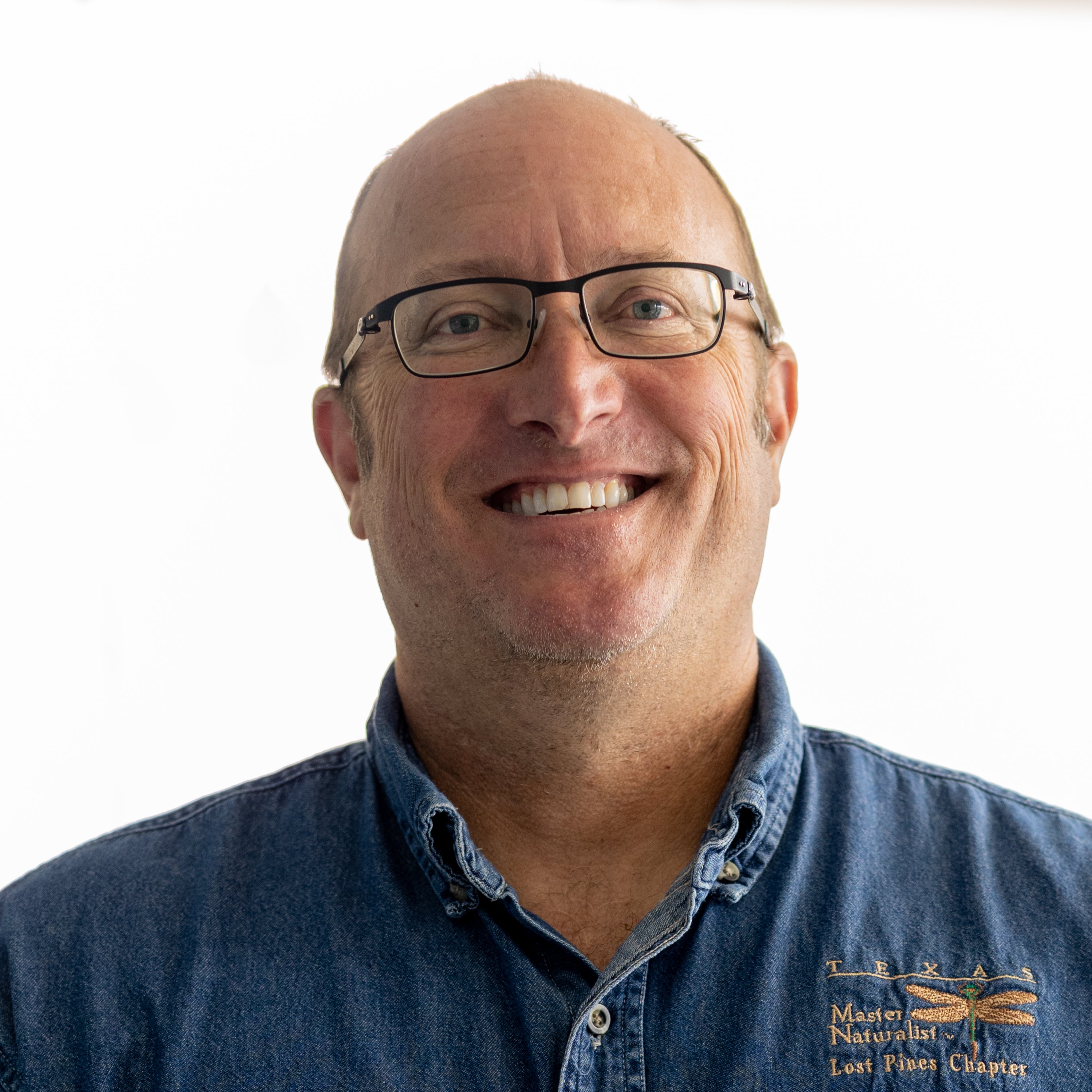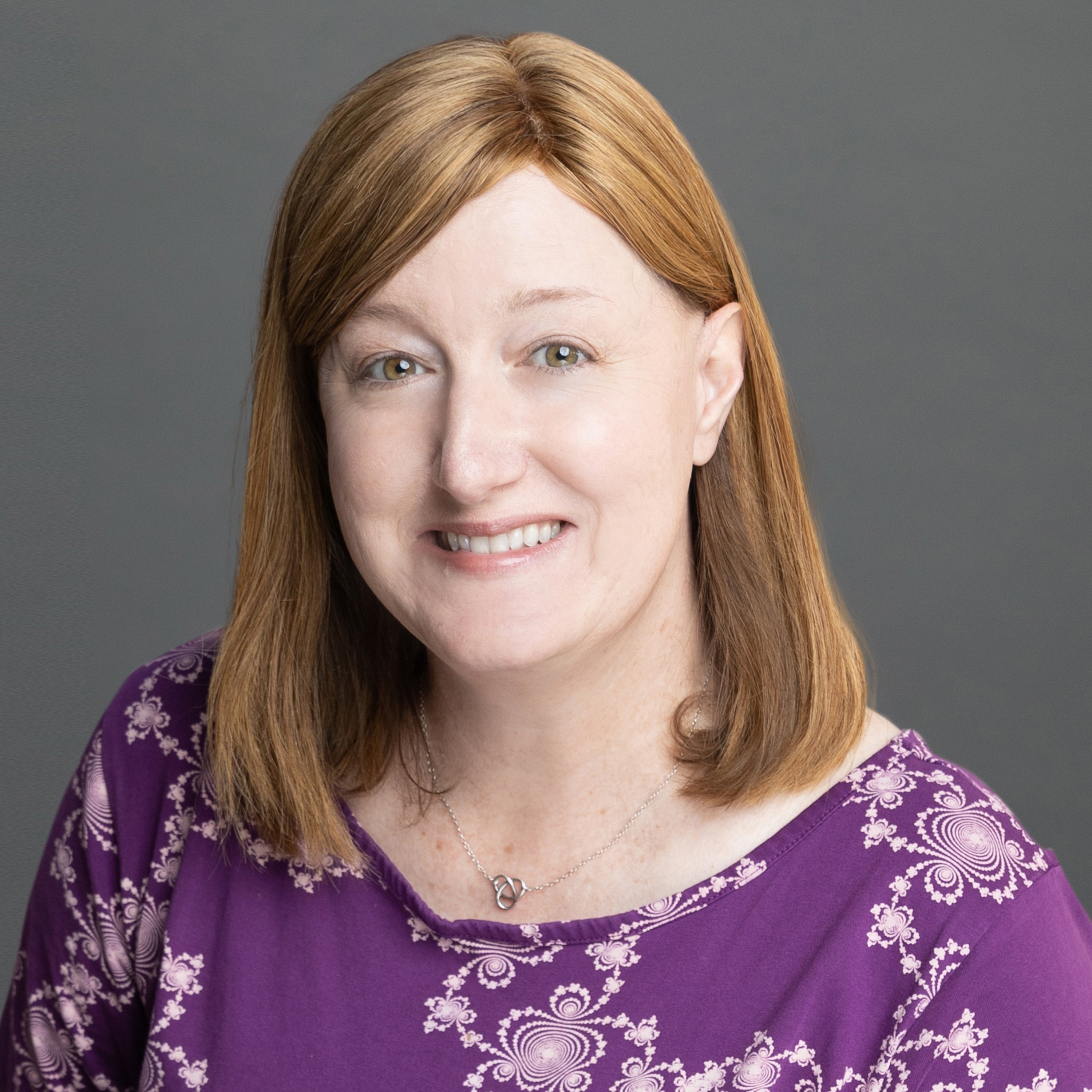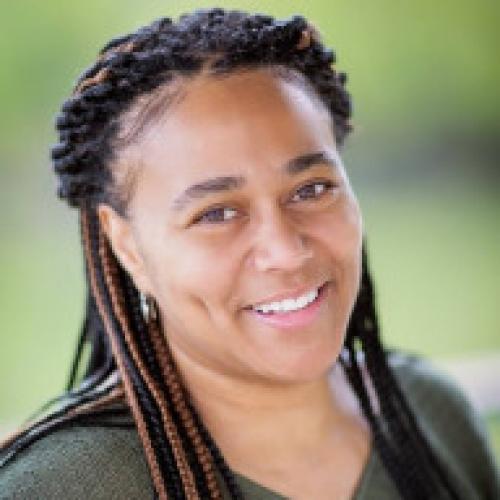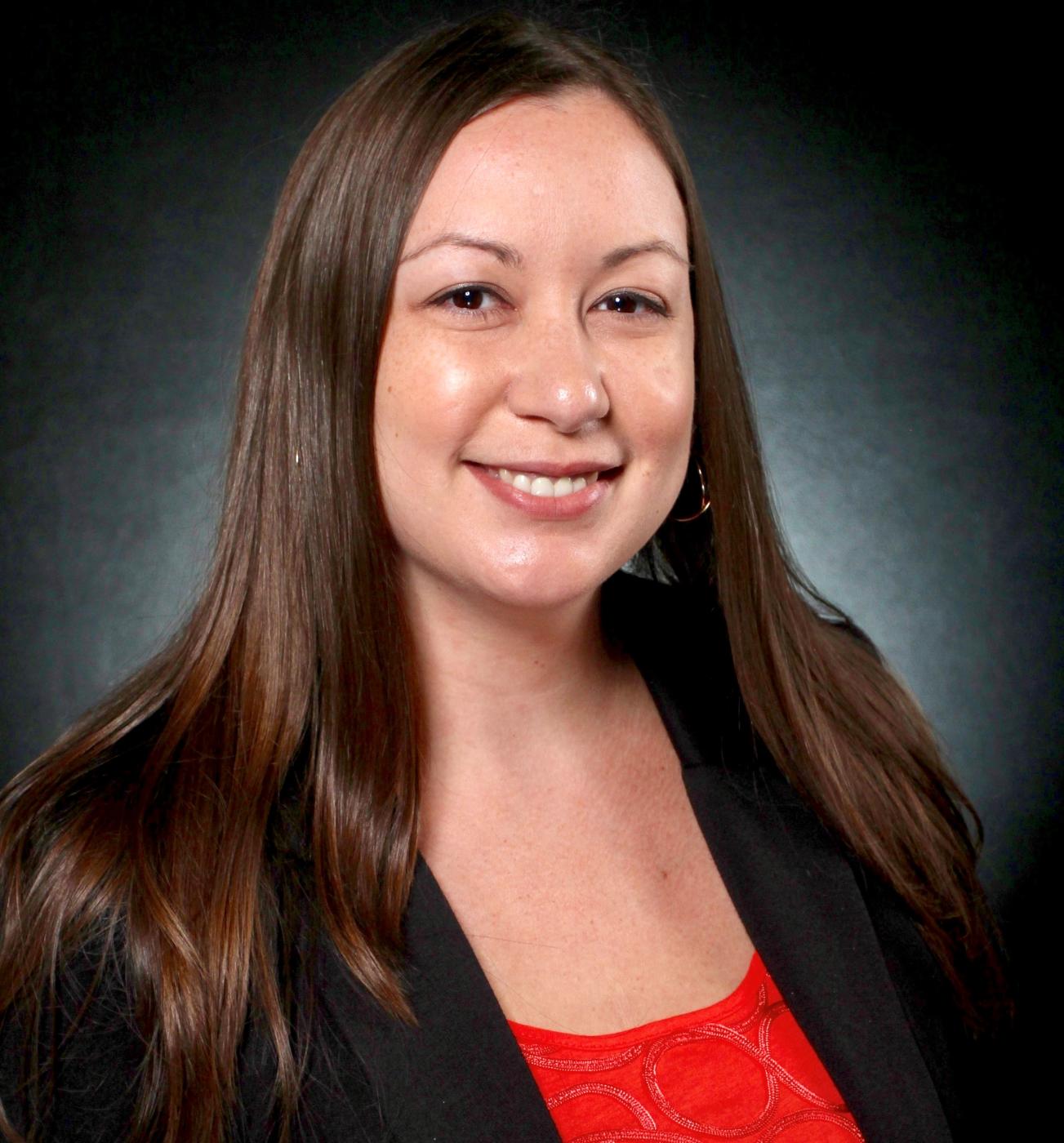MPA Advising
The College of Natural Sciences’ Mathematics, Physics, and Astronomy (MPA) Advising Center provides comprehensive advising services for students.
About Staff Advisors
The Mathematics Advising Center is staffed by three professional advisors, who are available during normal business hours. These advisors can run degree audits, assist with course and degree planning, and offer general advice about University rules, and opportunities in the University.
You can stop in the center in PMA 4.101, or call (512) 471-0900. You can also email the center mpaadv@austin.utexas.edu.
About Faculty Advisors
The Mathematics Faculty Advisors are available to answer your questions about degrees, careers, graduate school, planning appropriate courses, or discuss student requests about math degrees. For the advisor’s hours, check PMA 4.101, call (512) 471-0900 or email the center at mpaadv@austin.utexas.edu.
Degree Advisors

Mark Maxwell
- Professor of Practice
- Actuarial Studies Program Director
- Professor of Practice
- Mathematics
Spring 2025 Open Student Hours Hosted in-person PMA 11.168 Tuesdays 10:50A-12:50P and Thursdays 10:50A – 11:50A and 15-minute individual appointments available by request (with 24 hour notice) on Tuesdays and Thursdays at 7:00A or 7:15A.

Jennifer Austin
- Professor of Instruction
- Undergraduate Mathematics Faculty Advisor
- Mathematics

Pamela Elias
- Professor of Practice
- UTeach

Theresa Martines
- Associate Professor of Instruction
- Math Honors Advisor
- Mathematics
CalcLab
CalcLab in PMA 8.136
Hours: Monday - Thursday 2 pm-7 pm and Friday 2 pm-4 pm
CalcLab is a place for students enrolled in calculus courses at UT to work with classmates and receive help on calculus problems. CalcLab is run by the Mathematics department, and is staffed with current calculus teaching assistants, as well as advanced undergraduate learning assistants.
We have a set of online learning modules for all of our calculus courses.
Undergraduate Ombudsman
The Undergraduate Ombudsperson is available to help resolve concerns about mathematics courses. This is the first person to see to try and resolve conflicts with your mathematics professor. To communicate with the Ombudsperson please email them directly at mathombuds@math.utexas.edu. If you need further assistance reach out to the Math, Physics, and Astronomy Advising Center, PMA 4.101, (512) 471-0900, mpaadv@austin.utexas.edu.
Connect with the American Mathematical Society
All math majors are encouraged to sign up to receive periodic e-mail notifications regarding recent news, helpful websites, special programs and services, and deadlines for applications for fellowships and grants, meeting registrations and more.
Direct Reading Program (DRP)
The Directed Reading Program (DRP) is an RTG program of the Department of Mathematics at the University of Texas at Austin. DRP pairs undergraduate students with graduate student mentors to undertake independent projects in mathematics. Any undergraduate student may apply for DRP and, if accepted, will be assigned an appropriate graduate mentor. The student and the mentor will agree on a project. It can be based on reading through a book or an article, but the project is not limited to such things. The program guidelines can be found here. Tips to improve your chances to get paired with a mentor can be found here.
